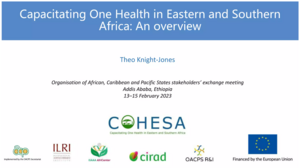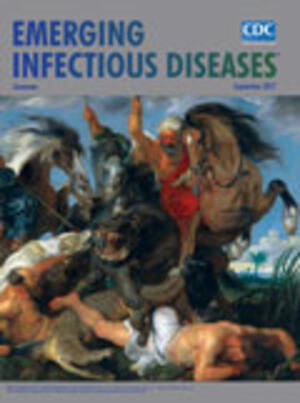
Household exposure to livestock and health in the CHILILAB HDSS Cohort, Vietnam
Abstract
In Vietnam, pigs and poultry are predominantly produced by small-scale farmers, creating challenges for zoonotic disease management. The objective of this study was to characterize practices related to livestock and manure management and to measure association with 3 self-reported health symptoms (coughing, fever, and diarrhea/nausea/vomiting) in a region currently undergoing health transitions. We analyzed cross-sectional survey data collected from a subset (N = 5520) of the Chi Linh Health and Demographic Surveillance System cohort in Chi Linh district, Vietnam. Bivariate analyses indicated that female gender was a significant risk factor for all 3 health symptoms, whereas age (≥60 years), suburban living, low education level, and household wealth were risk factors for 2 symptoms. Overall, we found no indication that biogas production or exposure to livestock and manure adversely affected human health. Efforts to control zoonotic disease transmission should prioritize utilization of veterinarians, enhanced farm biosecurity, and improvements to commune drinking water/wastewater infrastructure.
Citation
Sinh Dang-Xuan, MacDonald, L.E., Schurer, J.M., Hung Nguyen-Viet and Phuc Pham-Duc. 2017. Household exposure to livestock and health in the CHILILAB HDSS Cohort, Vietnam. Asia Pacific Journal of Public Health 29(5S): 72S–83S.










